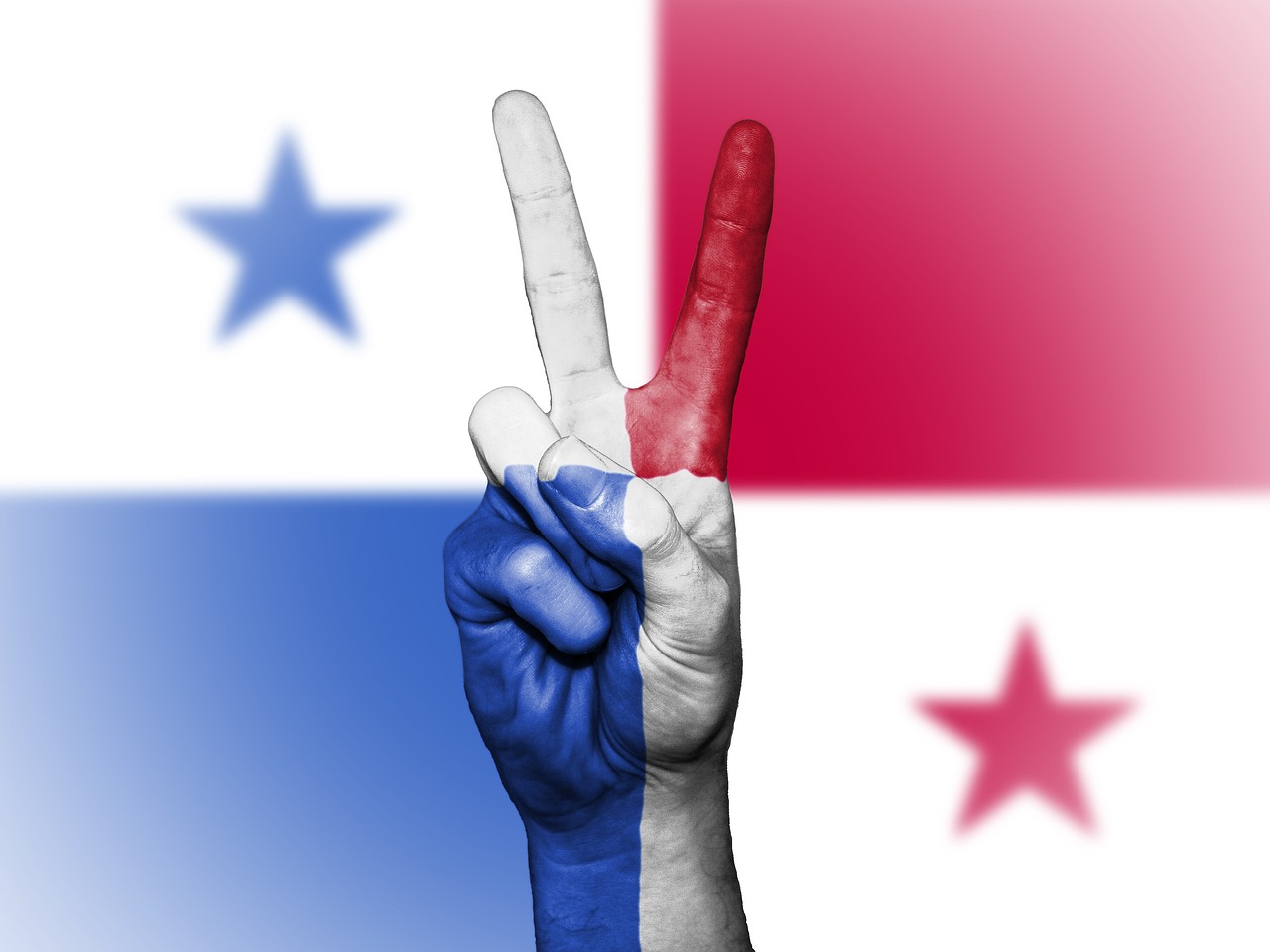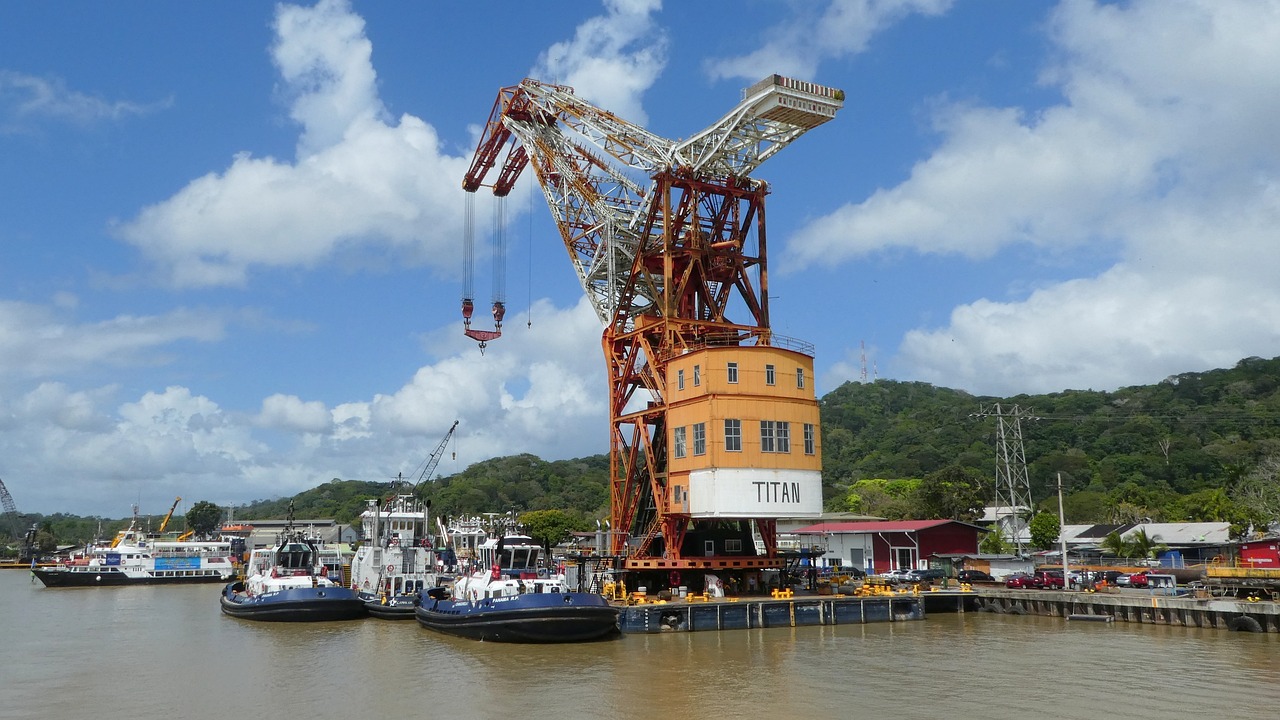Panama Video
Managing Finances and Payments while Working in Panama
Panama, located in Central America, is a popular destination for expatriates looking to work and live in a tropical paradise. With its booming economy and favorable tax incentives, many professionals are drawn to this vibrant country. However, managing finances and payments can be a challenge when working in Panama. In this article, we will explore various aspects of managing finances and payments, including banking options, tax obligations, and local currency.
Banking Options
When working in Panama, it is essential to have a local bank account to manage your finances efficiently. There are several banking options available to expatriates, including both local and international banks. Some popular local banks include Banco Nacional de Panama and Banistmo, while international banks like HSBC and Citibank also have a presence in the country.
- Multiple Currency Accounts: Many banks in Panama offer multiple currency accounts, allowing you to hold funds in various currencies such as US dollars, euros, or even cryptocurrencies like Bitcoin. This feature can be beneficial if you frequently deal with international transactions.
- Online Banking: Most banks in Panama provide online banking services, allowing you to conveniently manage your finances from anywhere in the world. You can check balances, make transfers, pay bills, and even set up automatic payments.
- ATMs: ATMs are widely available throughout Panama, making it easy to withdraw cash when needed. However, it is important to be cautious of ATM fees, which can vary depending on the bank and location.
- Debit and Credit Cards: Debit and credit cards are widely accepted in Panama, especially in urban areas. Visa and Mastercard are the most commonly accepted card networks, but it is always helpful to carry some cash for smaller businesses or more remote areas.
Tax Obligations
Understanding your tax obligations is crucial when working in Panama. The country operates on a territorial tax system, which means that individuals are only taxed on income generated within Panama. Here are some key points to consider:
- Income Tax: Panama has a progressive income tax system, with rates ranging from 0% to 25%. The exact rate depends on your income level. It is essential to keep track of your earnings and ensure compliance with the tax laws.
- Social Security Contributions: As an employee in Panama, you are required to contribute to the social security system. The contributions are based on a percentage of your salary, and both the employer and employee share the cost.
- Tax Exemptions and Incentives: Panama offers various tax exemptions and incentives to attract foreign investment and professionals. For example, certain professions, such as doctors and engineers, may be eligible for tax breaks or reduced rates.
- Accounting and Reporting: It is important to maintain accurate financial records and comply with the reporting requirements of the tax authorities. Consider hiring a local accountant who can guide you through the process and ensure compliance.
Local Currency
The official currency of Panama is the Panamanian Balboa (PAB), which has the same value as the United States dollar (USD). The USD is widely accepted throughout the country, and most businesses, including restaurants, hotels, and shops, price their goods and services in dollars. Here are some important points to note:
- Currency Exchange: While USD is the primary currency used in Panama, it is still useful to have some local currency for smaller transactions or when visiting more remote areas where businesses may not accept dollars. Currency exchange services are available at banks, exchange offices, and some hotels.
- ATMs and Cash Withdrawals: ATMs in Panama dispense both USD and PAB. It is important to check the currency being dispensed before completing the transaction to avoid any confusion.
- Foreign Exchange Fees: When using a foreign debit or credit card for transactions in Panama, be aware of potential foreign exchange fees. Some banks may charge a fee for converting USD to PAB or vice versa.
- Currency Conversion Apps: Consider using currency conversion apps on your smartphone to quickly calculate exchange rates and ensure you are getting a fair deal.
Panama Image 1:

Living Costs
Understanding the cost of living in Panama is essential for effective financial management. The country offers a range of options, from affordable living in smaller towns to higher-end living in cosmopolitan cities like Panama City. Here are some factors to consider:
- Housing: The cost of housing in Panama varies depending on the location and type of accommodation. Renting an apartment in the city center is generally more expensive than in suburban or rural areas. Consider your budget and lifestyle preferences when choosing a place to live.
- Transportation: Panama has a well-developed transportation system, including buses, taxis, and rideshare services like Uber. The cost of transportation depends on the distance traveled and the mode of transport. It is advisable to compare prices and choose the most cost-effective option.
- Groceries and Dining: The cost of groceries and dining out in Panama can vary. Local markets and street food stalls offer more affordable options, while upscale restaurants tend to be pricier. Cooking at home and exploring local markets can help you save money on food expenses.
- Healthcare: Panama has a good healthcare system, with both public and private hospitals and clinics. It is advisable to have health insurance to cover any medical expenses. The cost of healthcare can vary depending on the services required and the type of insurance coverage.
Panama Image 2:

Investment Opportunities
Panama offers several investment opportunities for individuals looking to grow their wealth. Here are some options to consider:
- Real Estate: Panama’s real estate market has been booming in recent years, attracting investors from around the world. Whether you are interested in residential or commercial properties, there are various opportunities available. It is advisable to conduct thorough research and seek professional advice before making any investments.
- Stock Market: Panama has a stock exchange, Bolsa de Valores de Panama, where investors can buy and sell shares of publicly traded companies. Investing in the stock market requires careful analysis and understanding of the market dynamics.
- Business Ventures: Starting a business in Panama can be a lucrative investment opportunity. The country has a favorable business environment, with tax incentives and government support for entrepreneurs. Conduct market research and develop a comprehensive business plan before venturing into any business.
- Retirement Investments: Panama offers attractive retirement programs, such as the Pensionado Visa, which provides various benefits for retirees. Exploring retirement investment options, such as annuities or retirement funds, can help secure your financial future.
Tourism and Leisure
Panama is renowned for its natural beauty and diverse tourist attractions. From pristine beaches to lush rainforests, there is something for everyone. Here are some must-visit destinations:
- Panama Canal: A marvel of engineering, the Panama Canal is a must-visit attraction. Witnessing the massive ships passing through the locks is an unforgettable experience.
- Bocas del Toro: This archipelago in the Caribbean Sea is known for its stunning beaches, crystal-clear waters, and vibrant marine life. It is a paradise for snorkeling, diving, and relaxation.
- San Blas Islands: The San Blas Islands, home to the indigenous Guna people, offer a unique cultural experience. The pristine beaches and turquoise waters make it a perfect getaway for nature lovers.
- Boquete: Located in the highlands, Boquete is famous for its cool climate, coffee plantations, and hiking trails. It is an ideal destination for outdoor enthusiasts.
Panama Image 3:

Conclusion
Managing finances and payments while working in Panama requires careful planning and understanding of the local banking system, tax obligations, and currency. With the right knowledge and resources, you can navigate the financial landscape of this vibrant country effectively. Remember to consult with professionals, such as accountants and financial advisors, to ensure compliance and make informed financial decisions.
References
– Banco Nacional de Panama: www.banconal.com.pa
– Banistmo: www.banistmo.com
– HSBC Panama: www.hsbc.com.pa
– Citibank Panama: www.citibank.com.pa
– Ministry of Economy and Finance (Panama): www.mef.gob.pa
– Bolsa de Valores de Panama: www.panabolsa.com
– Visit Panama: www.visitpanama.com


